Artificial intelligence is changing how people are living, working, or even searching on the Internet nowadays. Most of us would open Google, Bing, Yahoo, or any search engine and begin our daily quest to retrieve information. Have you ever wondered how they find answers for you? Here lies how modern search engines and, at least partially, artificial intelligence interact to provide you with better results.
AI in web searching is a smart technology that helps search engines understand your query more precisely and deliver results that are accurate and relevant. Even though AI has made searching the web easier and more efficient, there are also some disadvantages that go with it. We will look at the pros and cons of AI in web searching and understand how it is changing the future of how we search.
What is AI in Web Searching?
Artificial intelligence in web searching utilizes advanced technology and machine learning algorithms to enhance search results. The moment you type a query into a search engine, AI assists the search engine in understanding what you mean by your words, what you want to find, and in what context you are searching for it. Instead of keyword matching, AI takes into account a variety of factors, including user behavior, location, and previous searches, to provide the most relevant results.
That simply said, AI helps the search engine think like a human; it can predict what one might need and give corresponding results. If one searches "best restaurants near me," for instance, AI takes all these considerations into account-for place, for preferences, and shows him or her results that could go as close as possible and meet one's taste buds.
Also Read: The Role Of Artificial Intelligence
Pros of AI in Web Searching
1. More Accurate and Relevant Results
The most important advantage of using AI in web searching is that it gives more precise and relevant results. It is also capable of searching based on the intent of your search terms even if you entered them in the wrong or wrong word order. People can easily locate what they want, including when they use the wrong words; the search results will show similar words.
For instance, if you type in a query such as ‘healthy lunch ideas,’ AI will suggest you diet lunch, low-calorie, vegan or gluten-free meals, and recipes depending on this. This makes it easier to locate information, making it faster and avoiding many steps that an individual normally would have to take.
2. Better User Experience
This means that with AI, your search engine can provide you with a personalized experience. Since I search and interact with it, it improves its knowledge of what I want overtime for the next searches it is a task to make. This implies that, do not have to format complex, specific keywords. AI can respond with results matching your habits, interests, and preferences and provide you with the best output in a shorter time.
For instance, if you frequently use the search bar to look for current events in IT, the search results when you enter another search will be IT news related. It enhances your general web experience since the information delivered is more relevant to your interests.
3. Faster Search Results
AI enhances the capacity of search engines to process information much faster. They can get work done in seconds and hence will save your time. In a general sense, utilizing AI means that if you are in search of a product to purchase a tutorial to use, or even news feeds, you get the right information on time.
4. Voice Search and Virtual Assistants
With the help of AI, it is now possible to do voice searches. Siri, Google Assistant, Alexa, and others are creating responses using AI algorithms that interpret your voice commands. This makes web searching even better because you do not have to be holding any device to perform a search while driving or even while cooking. They found that AI-based voice assistant technologies are now catching up with the human overlaps in interactions with the web.
5. Advanced Search Features
AI enables search engines to offer high-class features like image searching, voice searching, and even video searching. You can now search for pictures rather than words. Now if you see an image that attracts your attention, you may upload it to a search engine, and AI will return to you images similar to it or information about the picture you have uploaded. Such advanced features increase versatility in web searching.
Cons of AI in Web Searching
1. Privacy Concerns
The most significant concern with AI technology in web searching is indeed privacy. The algorithms of this AI collect much data regarding all your searches, location, and surfing behavior. Though it improves their search results, this particular data collection does raise alarms regarding how personal information gets used. Most users care about the data getting out to advertisers or other parties without their consent.
For instance, if you are looking for a product, all the ads related to that particular product will start appearing everywhere. This can be helpful sometimes, but it also tends to break the feeling of privacy one has. AI can get out of control when there is a question of control over the amount of information being collected about you.
2. Over-Reliance on AI
AI has developed to a level that it has become something that people start relying on for nearly everything. Although AI can assist in many issues, it is not perfect. AI sometimes may give out incorrect or incomplete results. In case you over-rely on AI to answer every question you may have, you will miss out on crucial information. At times, the results that AI might present might not be very accurate or relevant.
For instance, if you seek health advice, AI will show you results based on the most popular articles or websites. However, these may not always be from a source that is reliable and trustworthy. You should therefore make use of your judgment in matters of decision-making that are reliant on AI.
3. Bias in AI Algorithms
Humans design AI algorithms, and sometimes these algorithms can be biased. For instance, AI might favor certain websites or sources over others because of its design. This may lead to biased search results where some viewpoints or information are overrepresented while others are underrepresented.
At times, AI may even mirror the biases in the data it has been trained upon. It is a very serious concern in areas like health, politics, and education. If an AI system returns only the results that people are expected to want or believe, or that mirror a point of view, then that kind of system limits the variety of information presented to users.
4. Limited Understanding of Complex Queries
Although AI has grown much over the recent past, it still poses great problems when used in low-quality or uncertain searches. At other times it misinterprets the search or provides an answer that lacks the information you’re looking for. For example, if your question is very specific or technical AI will not understand it very well and thus offer imprecise or wrong answers.
At such a time, you may be forced to rephrase the question or search for sources from other places to get that information. AI is used for this, but it isn’t fully refined for it yet.
5. Job Displacement and Automation
As AI becomes more sophisticated, there is a concern over the displacement of jobs. A lot of tasks that used to be performed by human beings, such as customer service or content creation, are now being automated by AI. This can increase efficiency, but it also means some jobs will be lost.
This will make AI automation possible for indexing, ranking, and serving search results. Such could help decrease the amount of human input required in search engines, thus affecting the industry's employment.
How AI is Shaping the Future of Web Searching
AI is not only the way we are searching the web today, but it's shaping the future of web search. Sooner than later, much more sophisticated AI systems will help make it faster, smarter, and more personalized, and they'll learn from your behavior, adapt to what you need, and make the search experience as smooth as possible.
For Example, AI would possibly be able to understand tones and emotions in your searches so that it can give you far more relevant results. It will even predict what you could be needing before you find a need to search for, thereby giving you suggestions as well as answers based on your practices. AI can also be implemented in detecting fake news so you will get the most trustworthy as well as reliable information.
Conclusion
In conclusion, it has both advantages and disadvantages when it comes to web searching. On the one hand, it makes searches faster, more personalized, and even more accurate. On the other hand, it raises all sorts of concerns about privacy, bias, and over-reliance on technology. As AI goes on to evolve, this will play a big role in deciding the future of web searching. We as users must be aware of the advantages and disadvantages of AI so that we may take its benefits while protecting our privacy and making informed decisions.
AI is here to stay and the way we search the web is bound to change further. The pros and cons will allow us to use AI to our advantage while at the same time being mindful of its limitations.



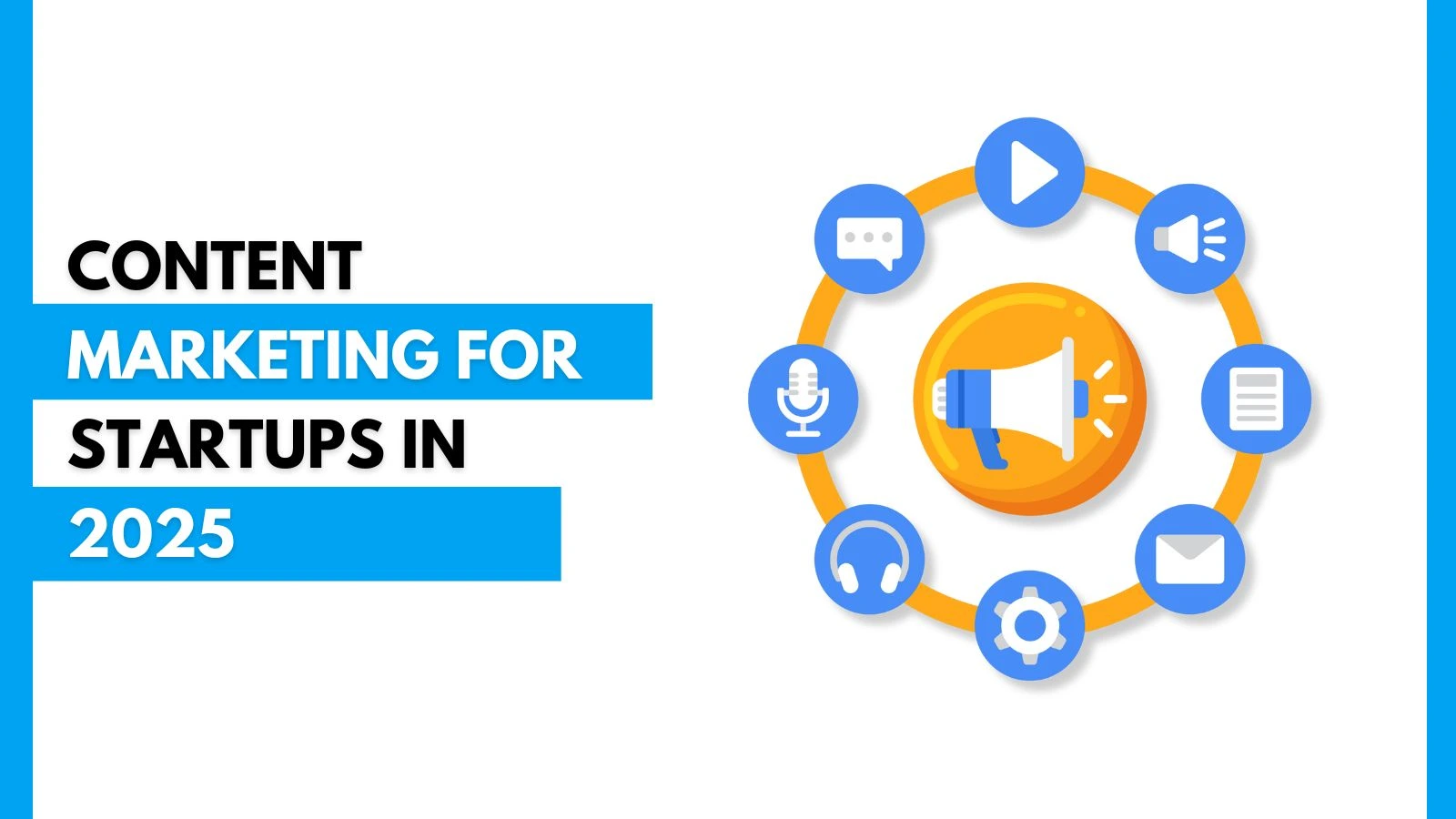
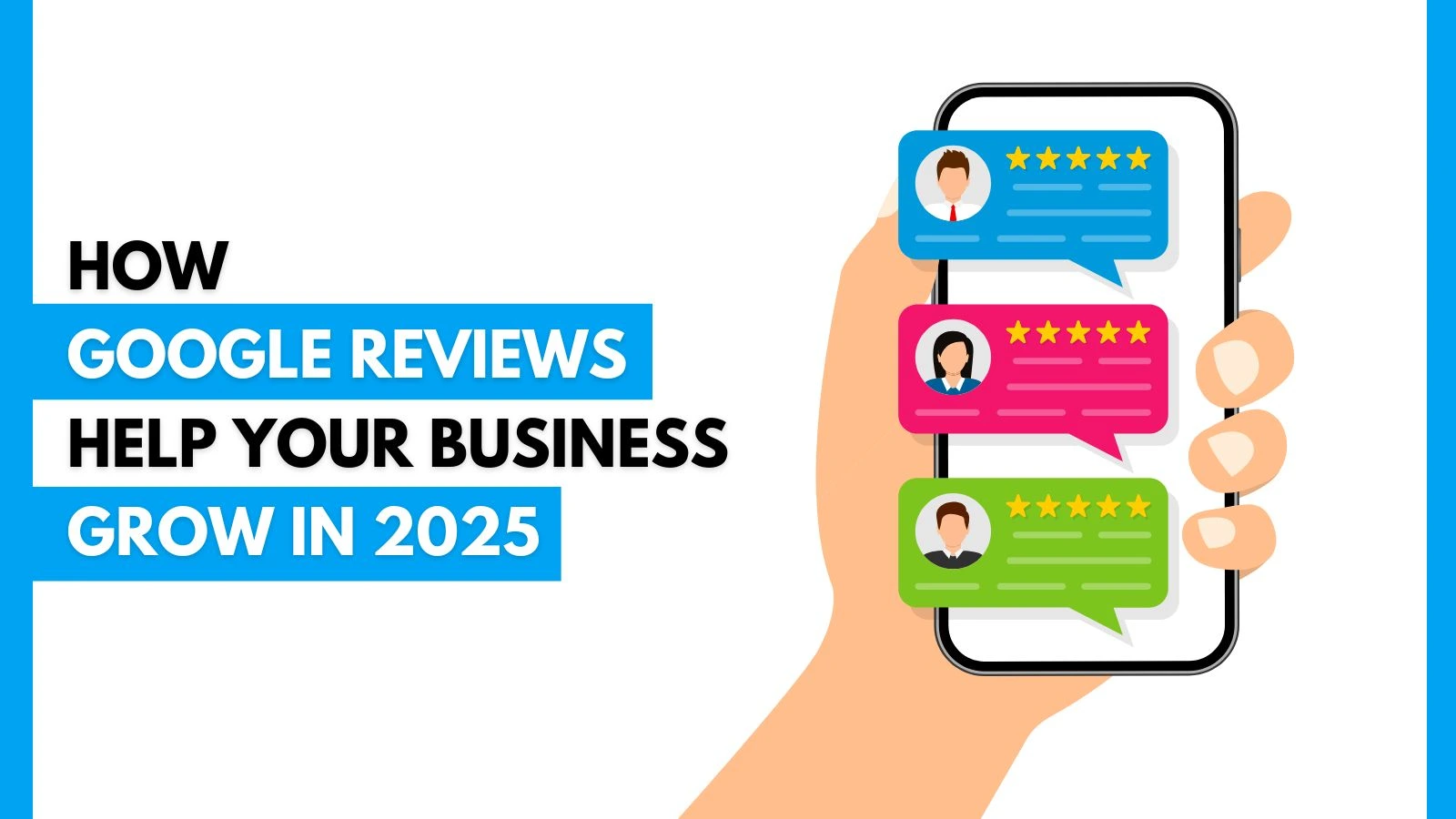

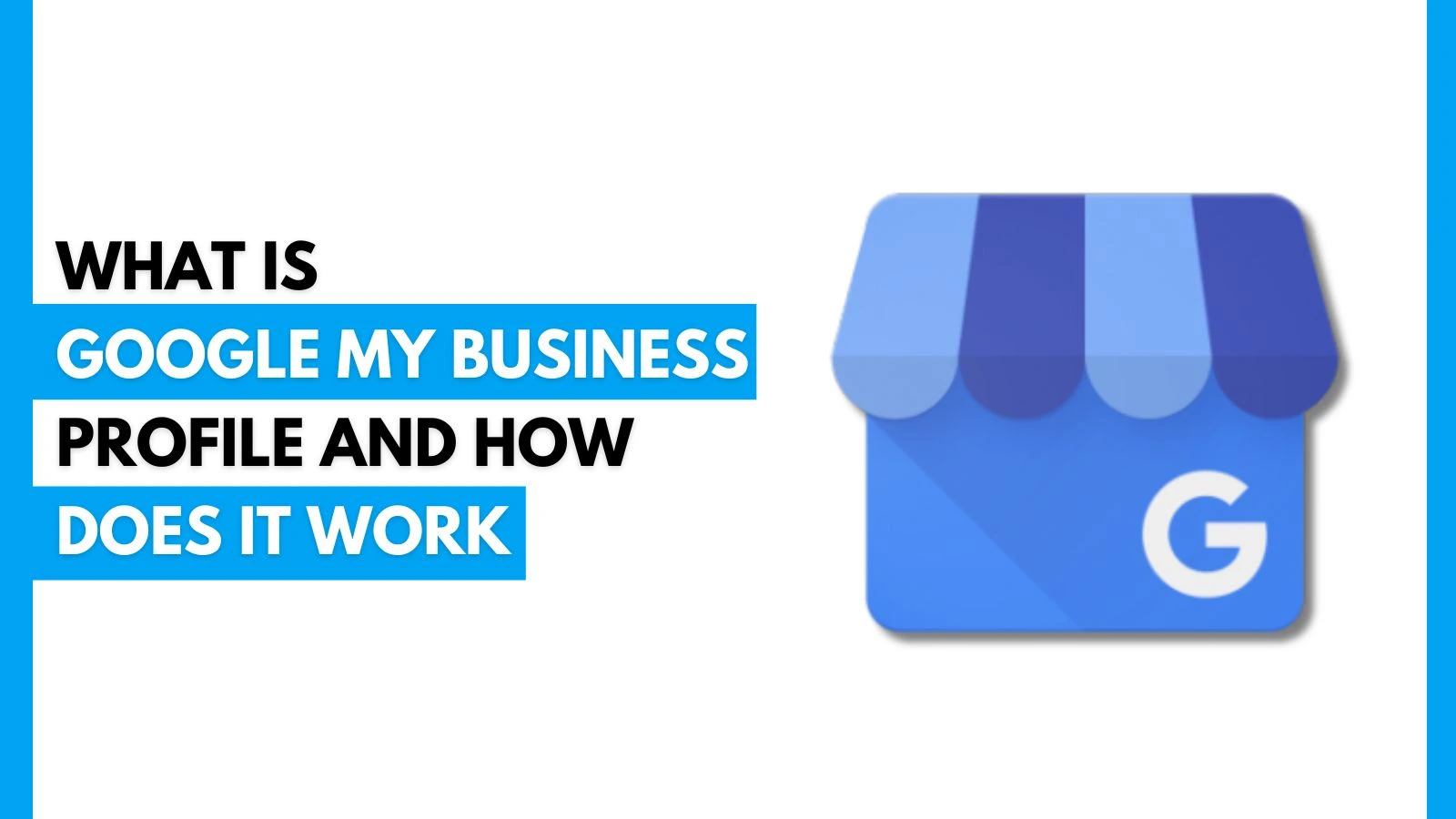
.webp)
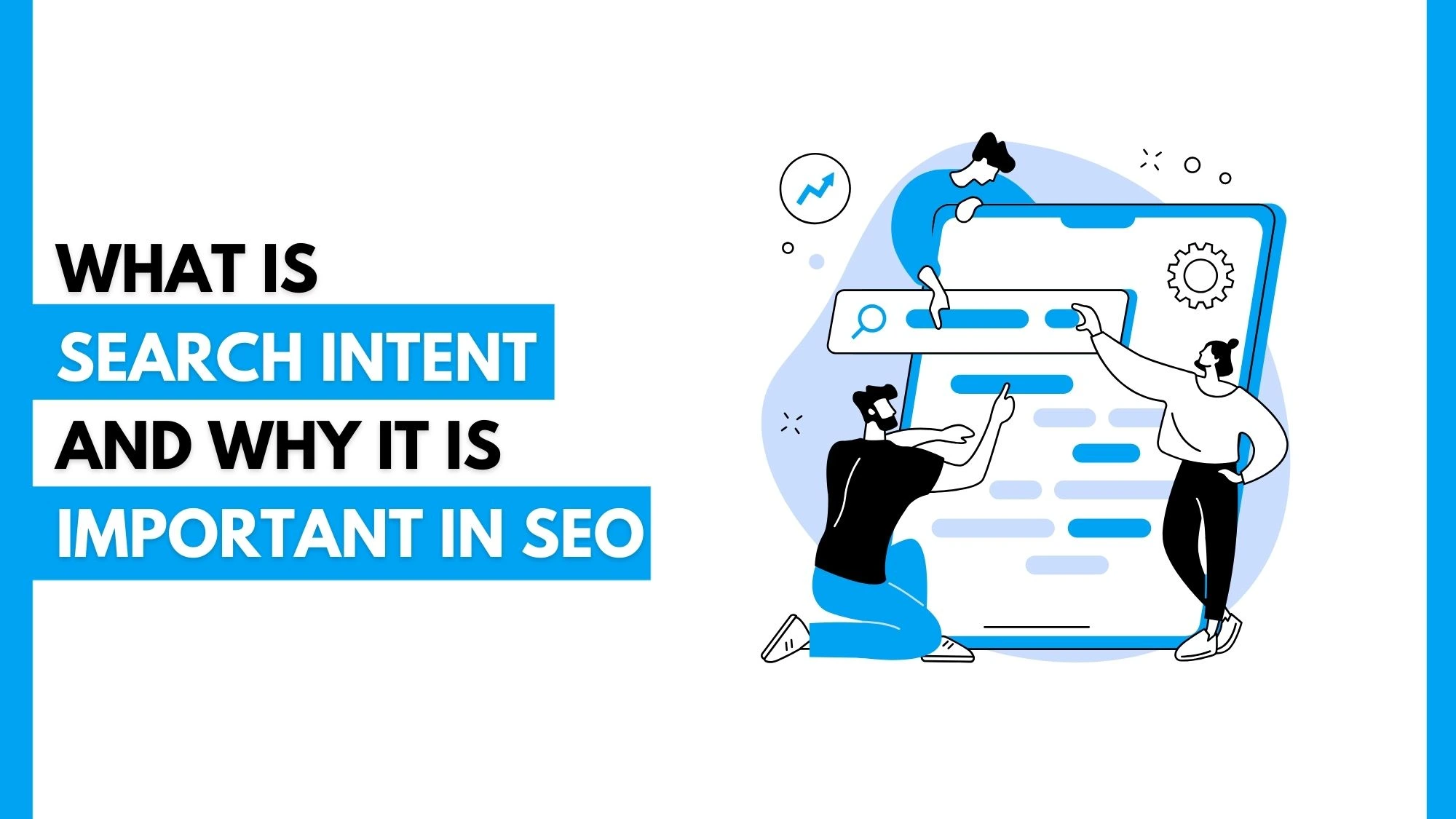
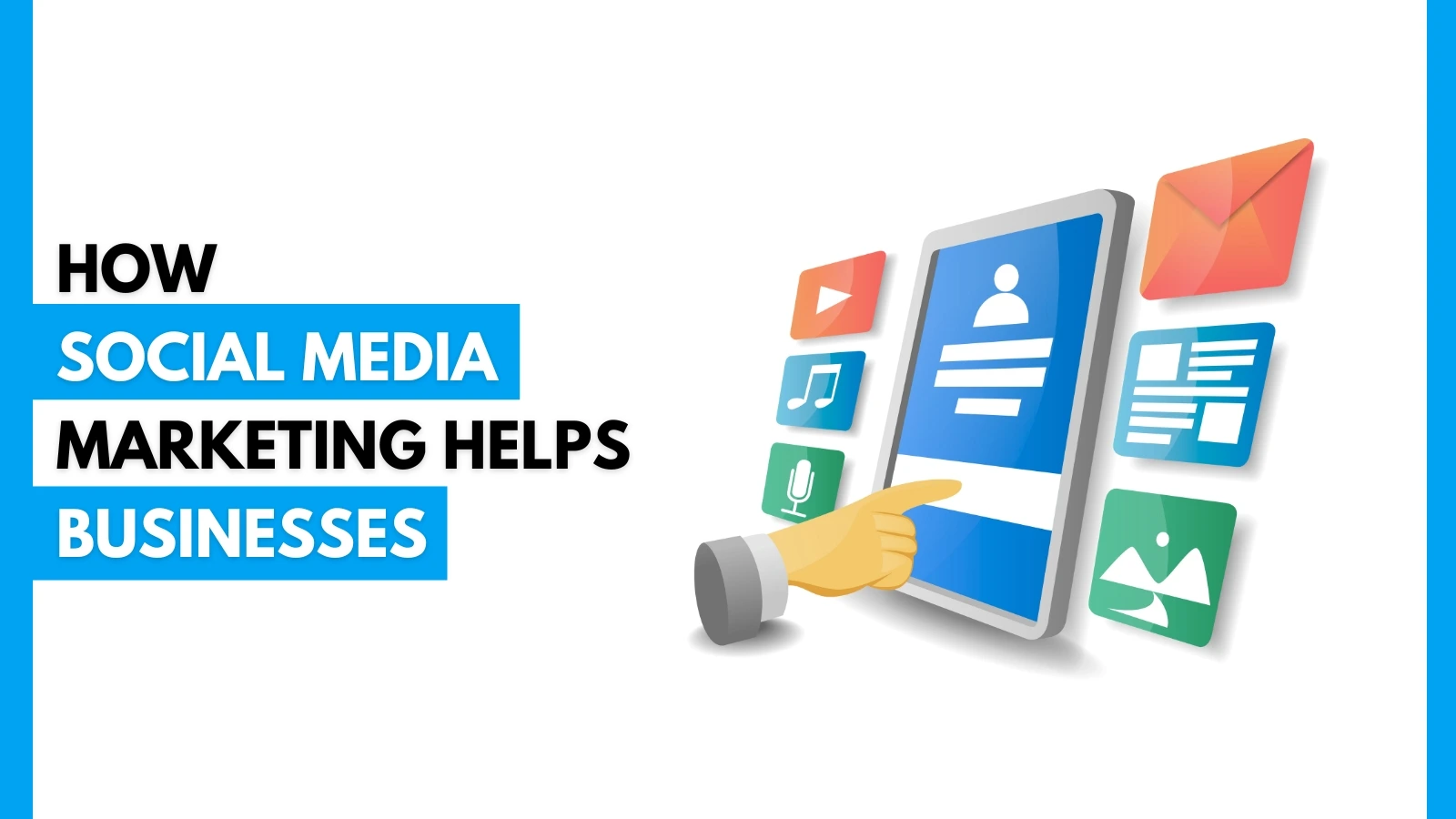
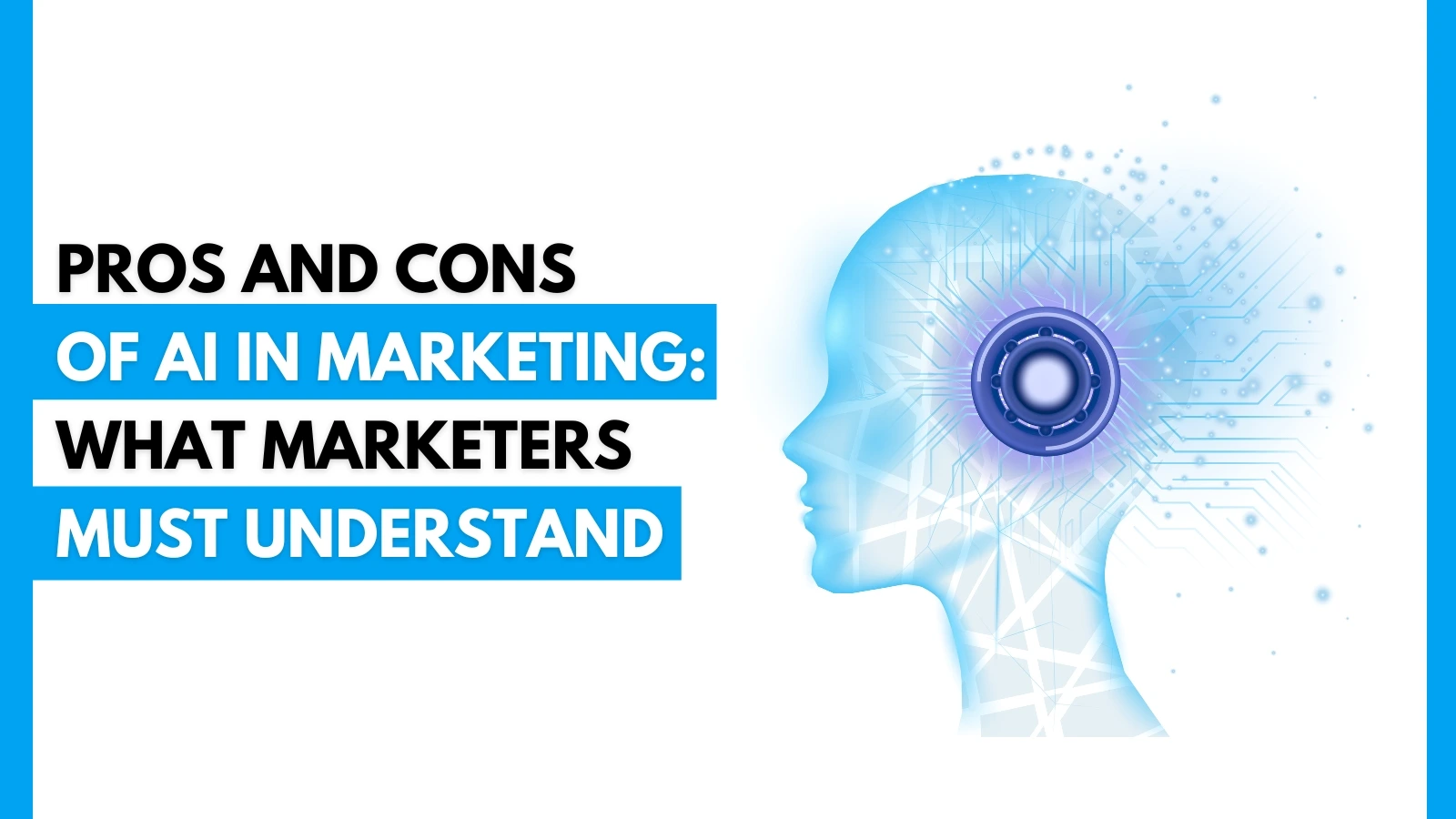
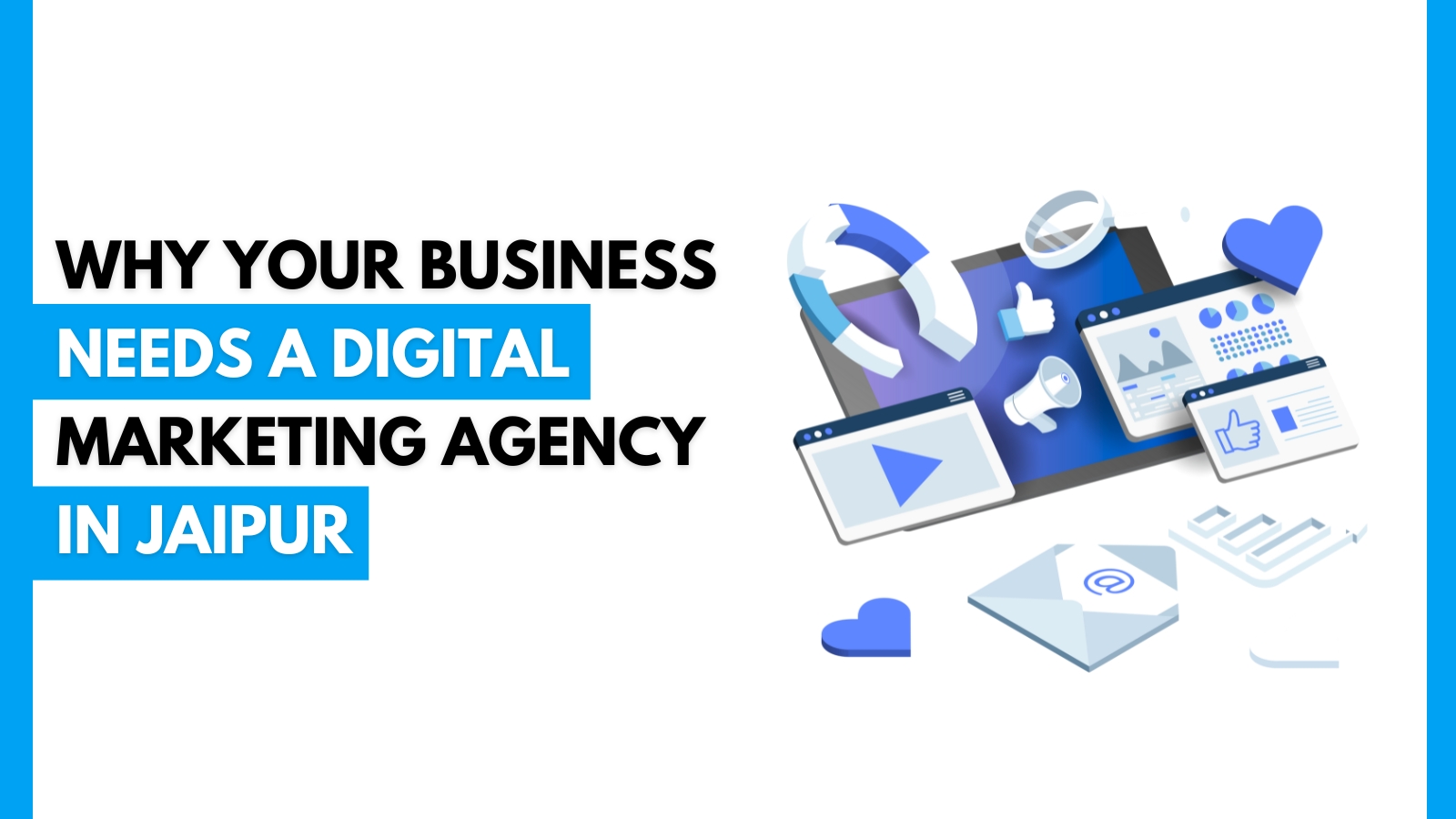
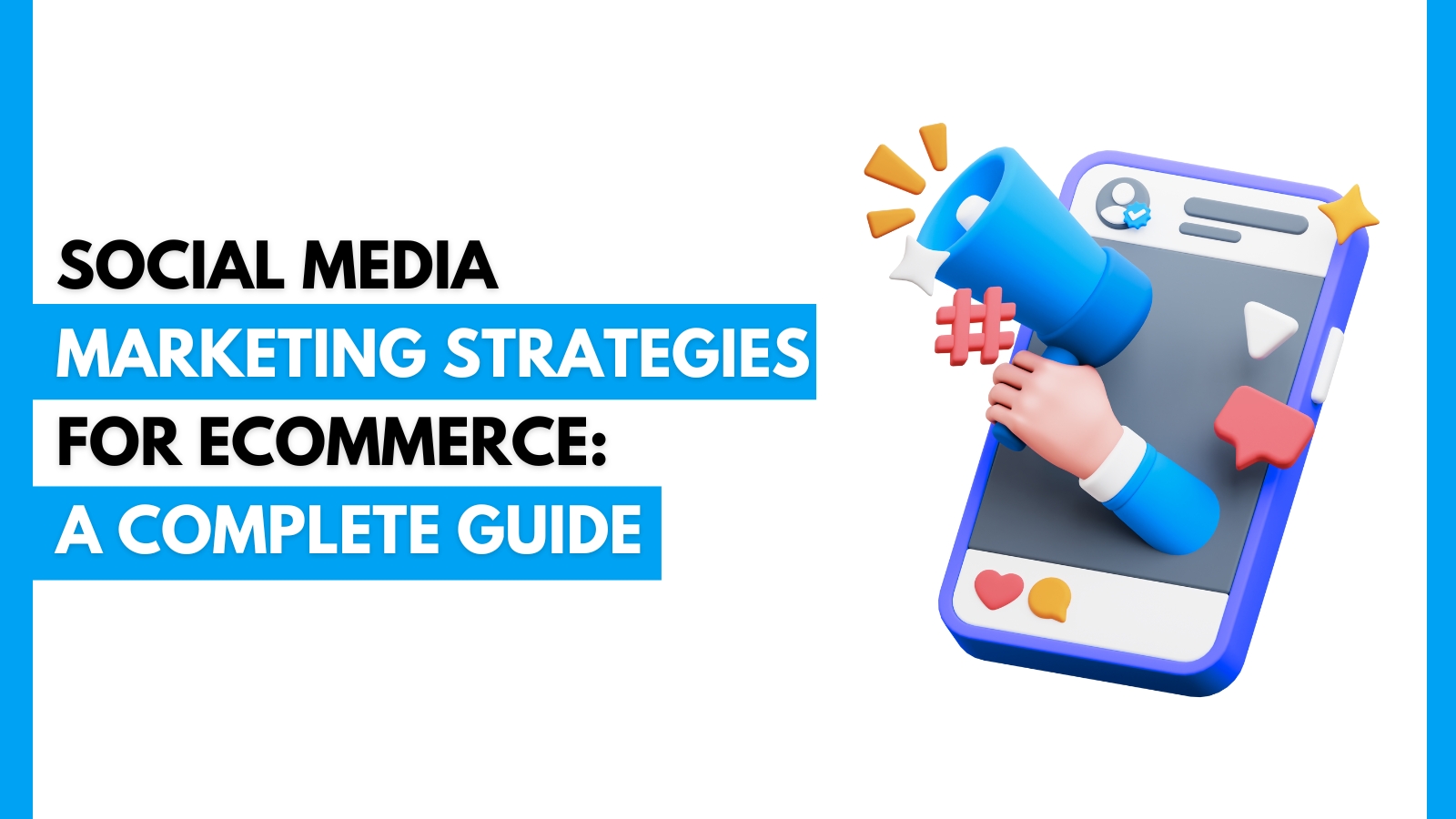

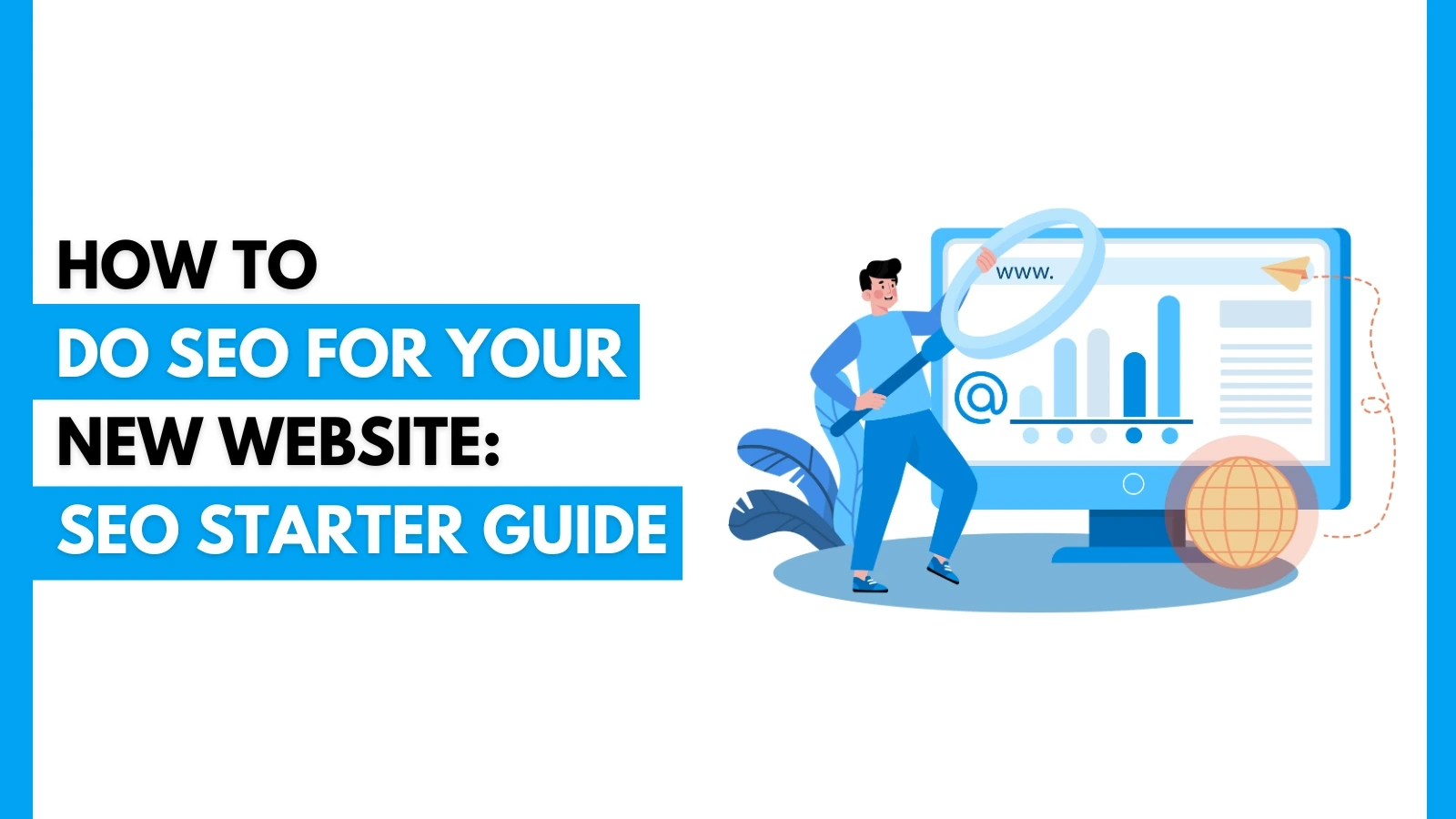
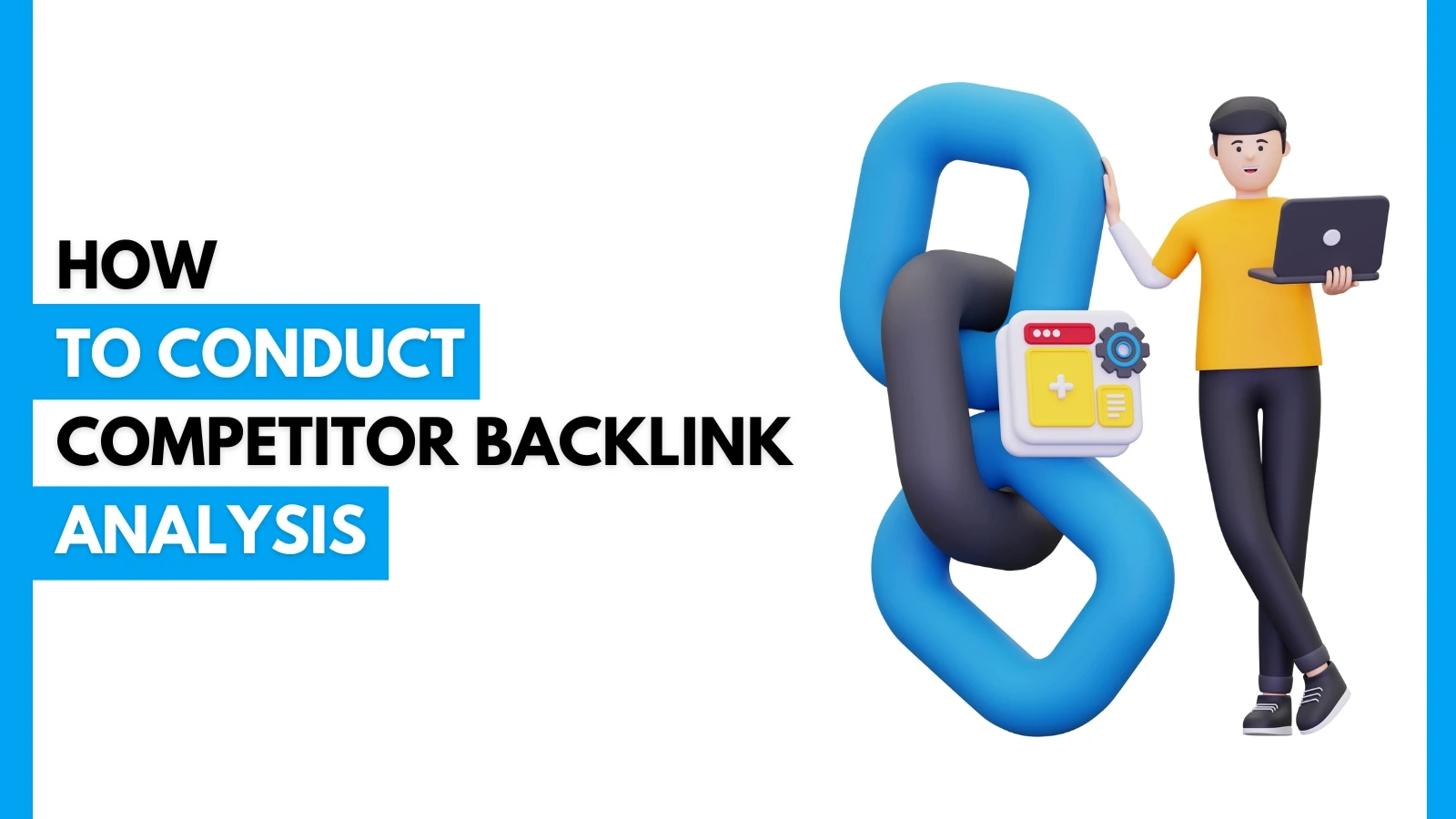
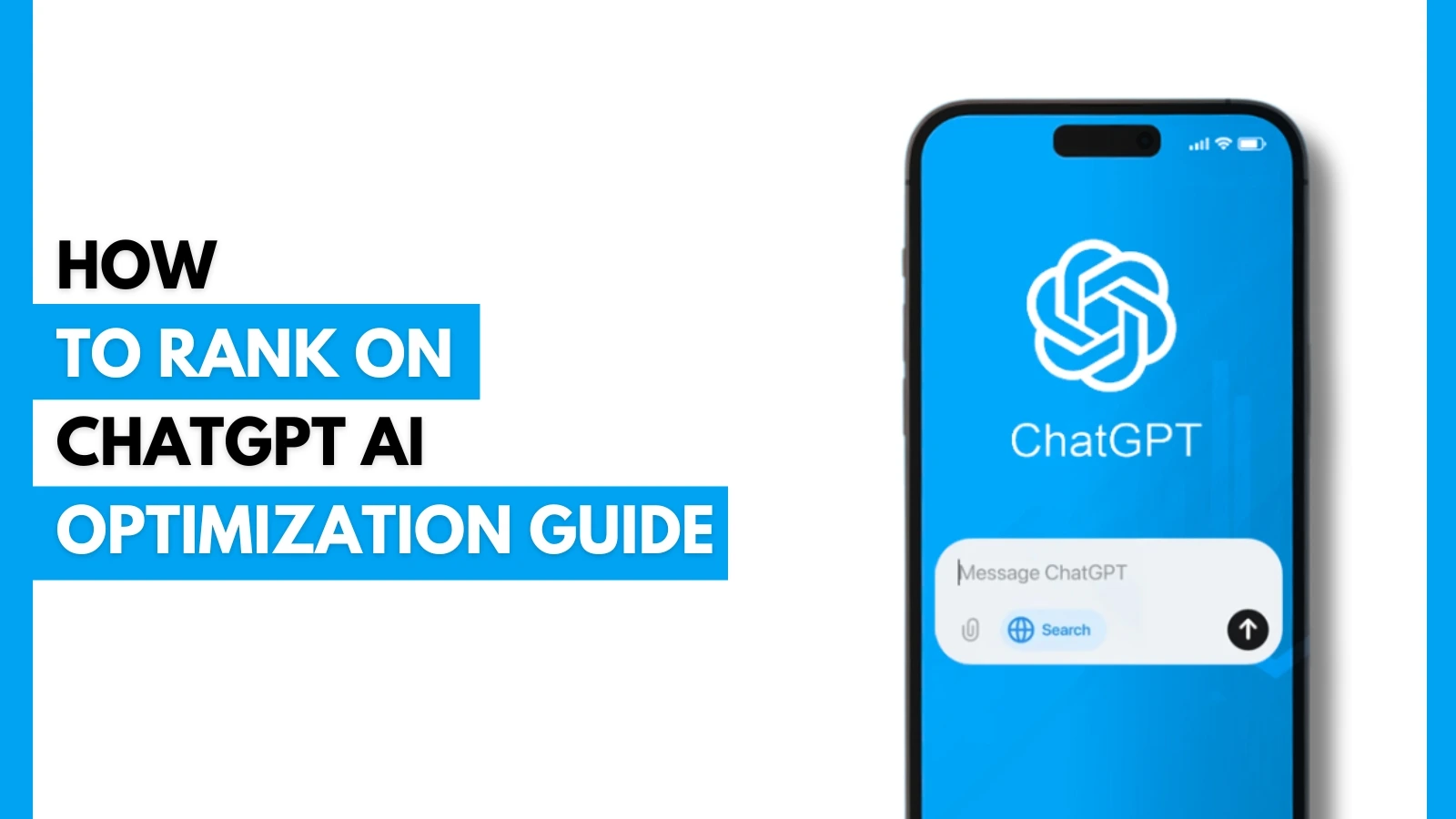
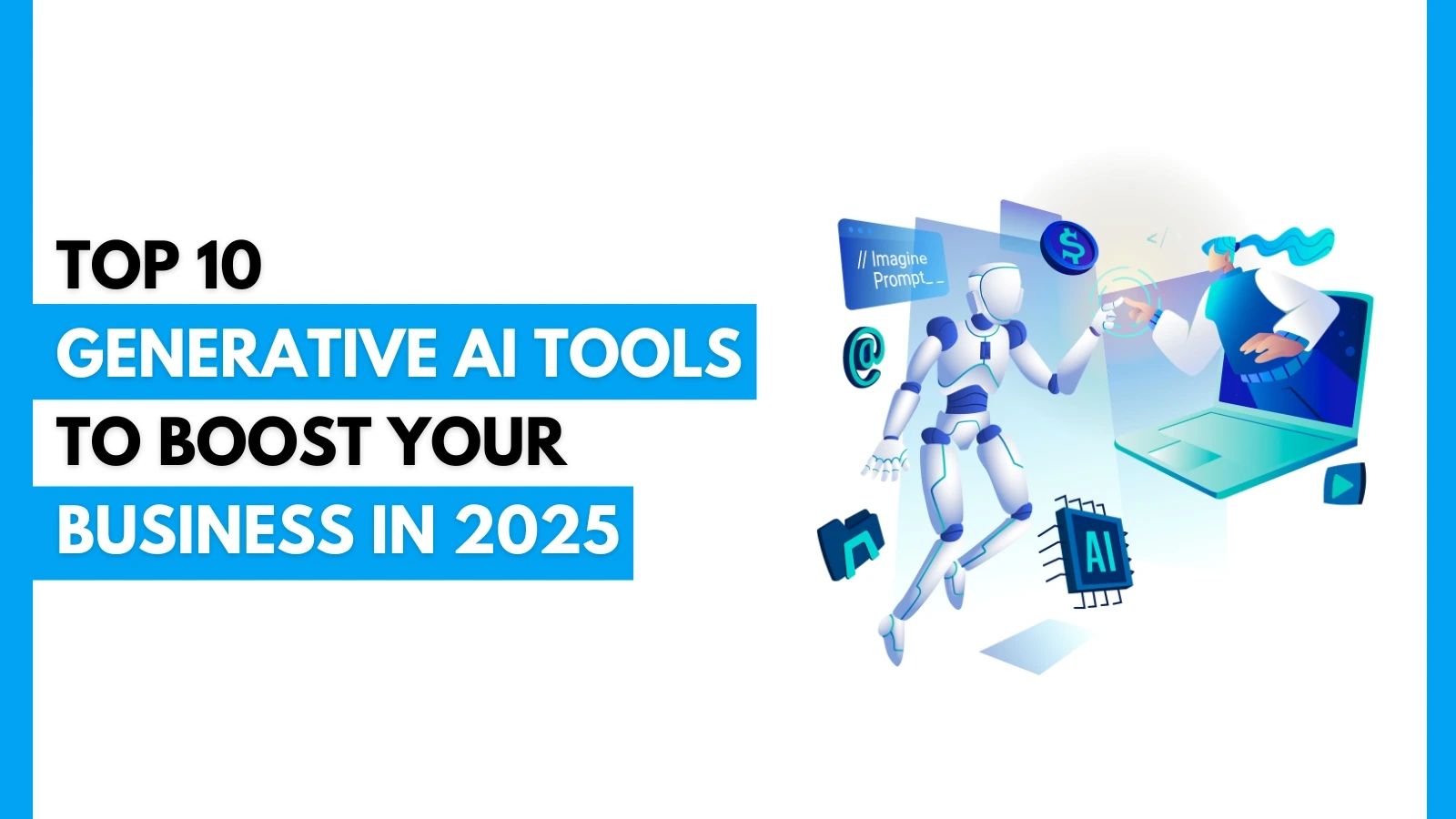

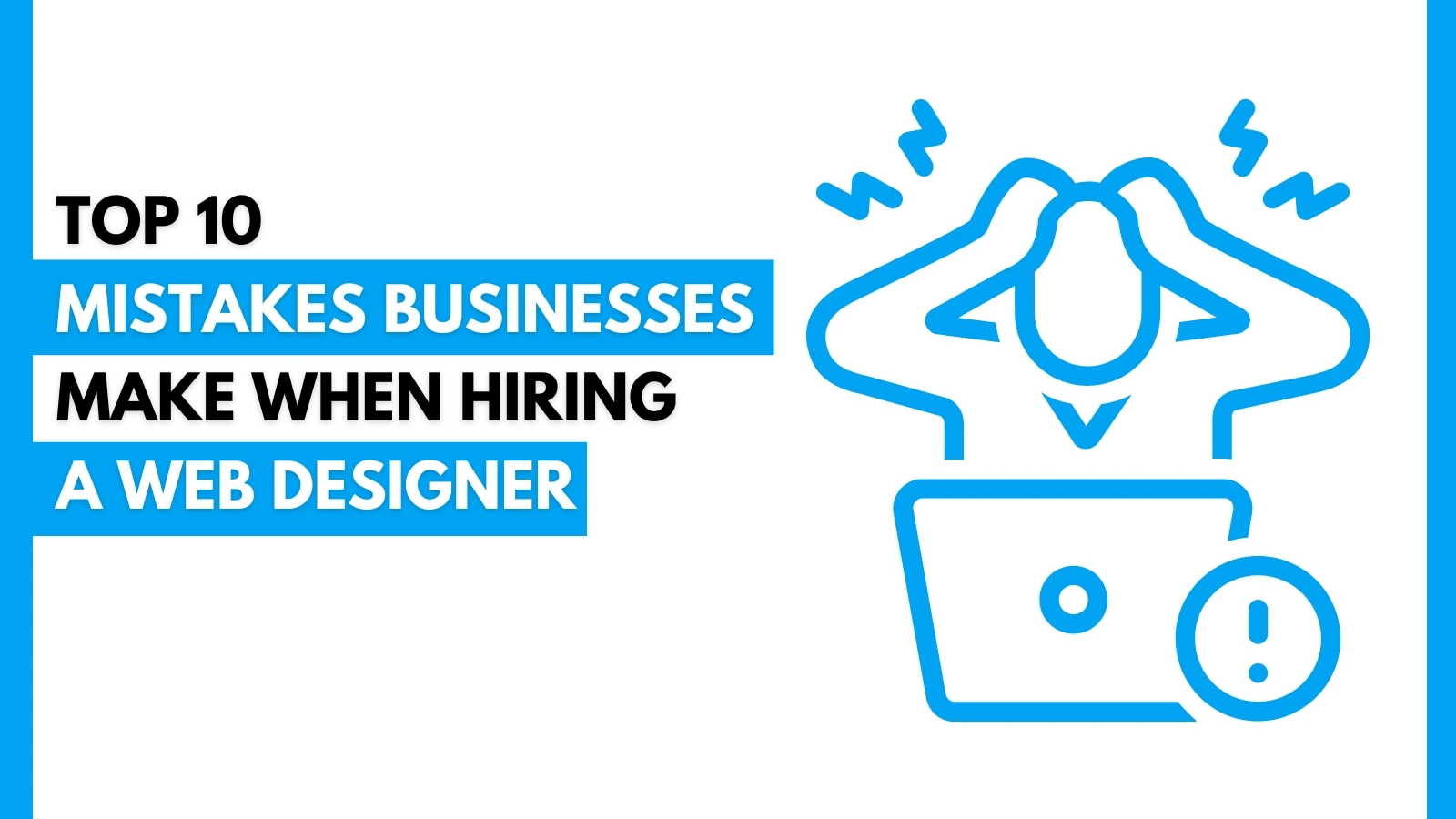

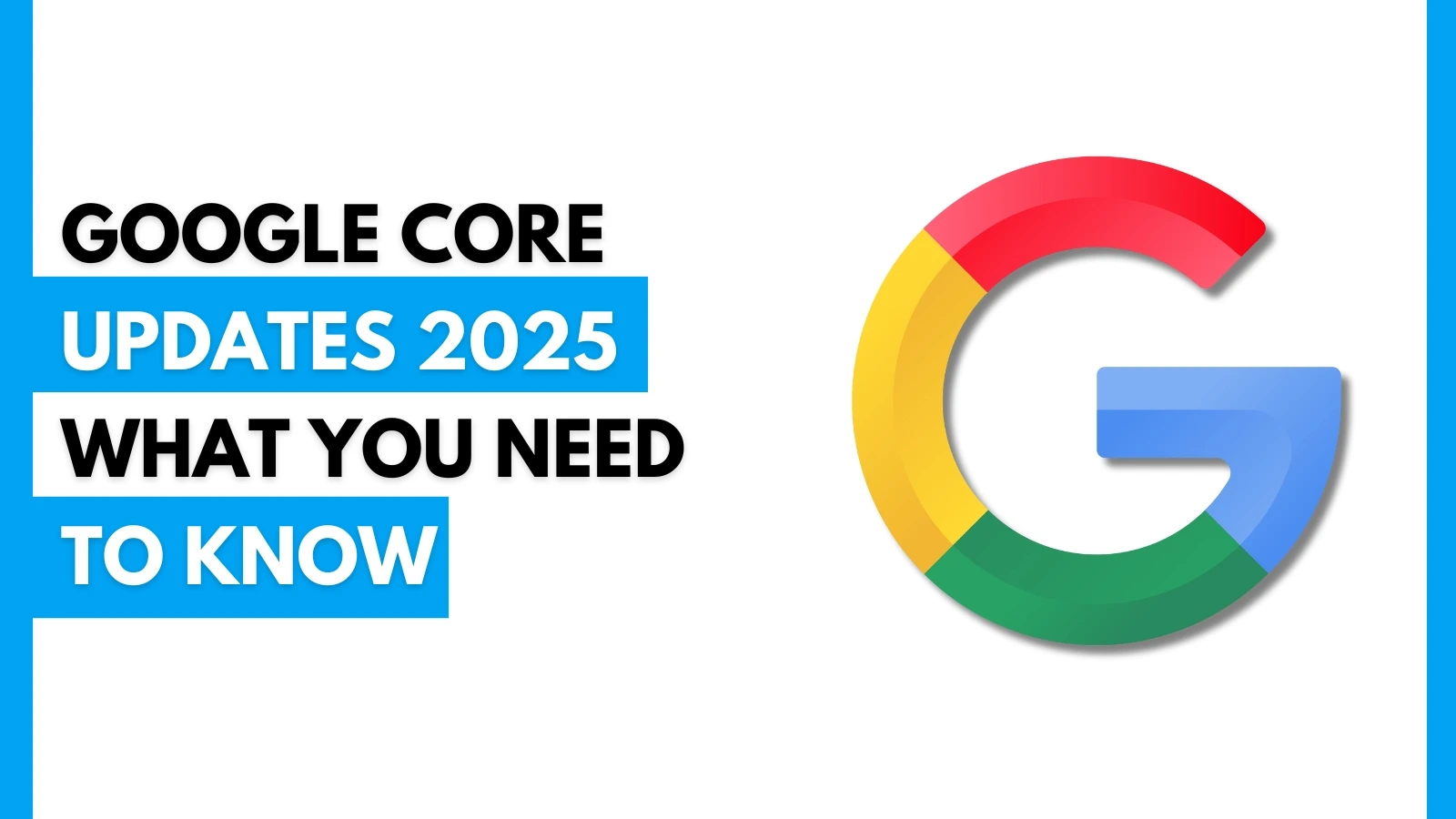
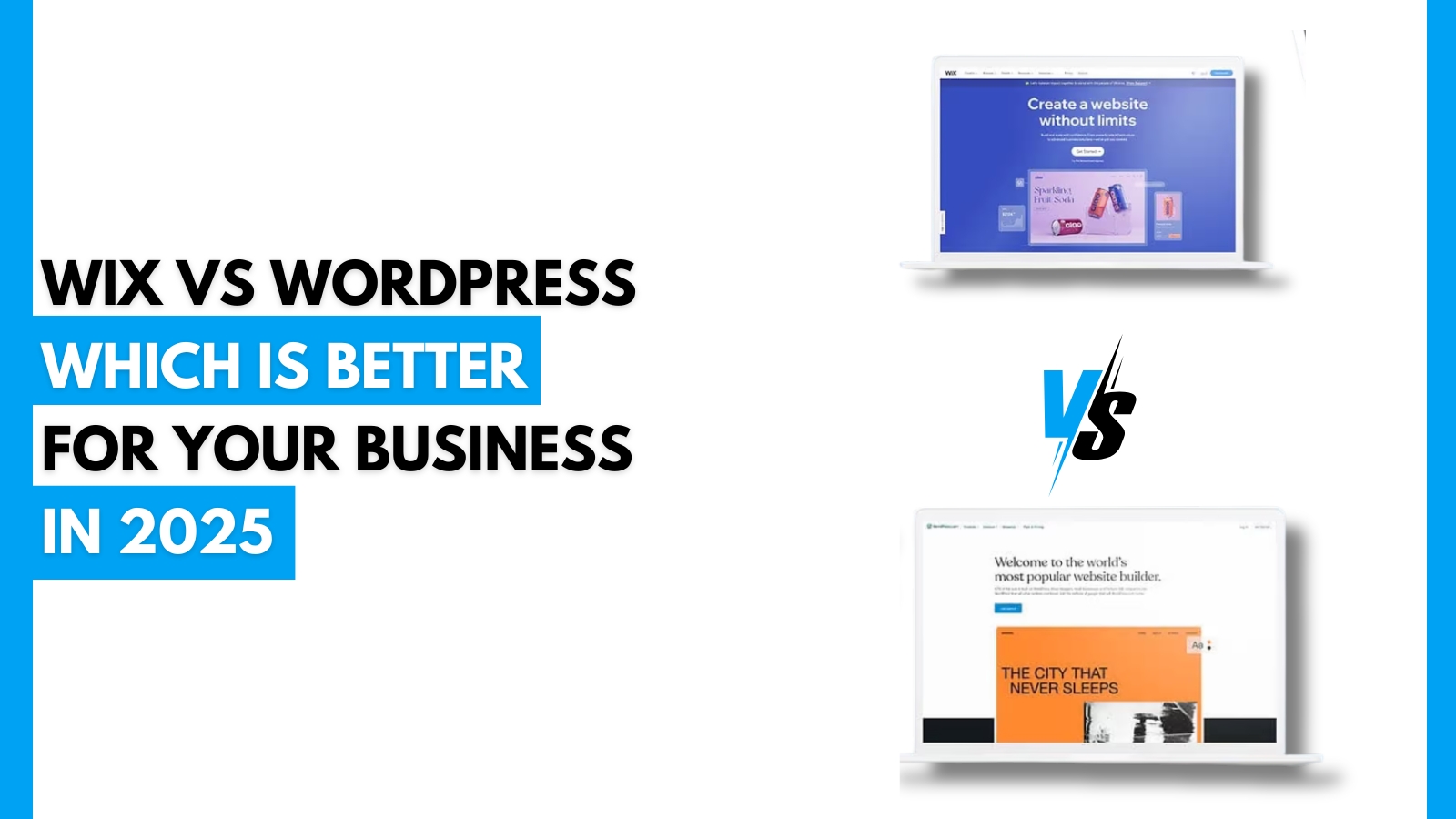




.webp)






















 A Complete Guide.webp)










































.jpg)










 Efficiently.jpg)
.jpg)
























.jpg)
.jpg)
























.jpg)


















.jpg)
.jpg)




























.webp)





.jpg)


















 Campaign.jpg)




.jpg)

.jpg)

.png)



.jpg)



.jpg)
.jpg)
.jpg)



.jpg)








.png)
.jpg)




.jpg)

.jpg)
.jpg)


.jpg)


.jpg)



.jpg)





















.jpg)














.png)





















.jpg)






.png)

.png)



.png)

.png)
.png)



.png)
.png)
.png)
.png)
.png)

.png)
.png)
.png)
.png)
.png)
.png)
.png)
.png)
.png)
.png)
.png)

.png)
.png)
.png)
.png)
.png)
.png)
.png)
.png)
.png)



.png)
.png)
.png)

.png)
.png)
.png)
.png)
.png)
.png)
.png)
.png)
.png)
.png)
.png)
.png)
.png)
.png)
.png)
.png)
.png)
.png)
.png)
.png)
.png)
.png)
.png)
.png)
.png)
.png)
.png)
.png)
.png)
.png)
.png)


.png)
.png)

.png)
.png)
.png)
.png)
.png)
.png)
.png)
.png)
.png)
.png)
.png)
.png)
.png)
.png)
.png)
.png)
.png)
.png)
.png)
.png)

.png)
.png)
.png)

.png)
.png)
.png)
 (1).png)
.png)
.png)
.png)
.png)
.png)
.png)
.png)
.png)

.png)

.png)
.png)
.png)
.png)
.png)
.png)
.png)

.png)
.png)
.png)
.png)
.png)
.png)
.png)
.png)
.png)
.png)
.png)
.png)
.png)
.png)
.png)
.png)


.png)
.png)
.png)
.png)
.png)
.png)
.png)

.png)
.png)
.png)
.png)
.png)
.png)
.png)
.png)
.png)

.png)
.png)

.png)
.png)
.png)

.png)
.png)
.png)

.png)
.png)
.png)
.png)
.png)
.png)
.png)
.png)
.png)
.png)
.png)
.png)
.png)
.png)
.png)
.png)
.png)
.png)
.png)